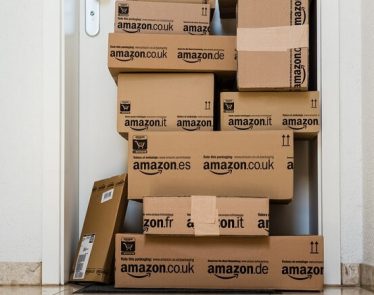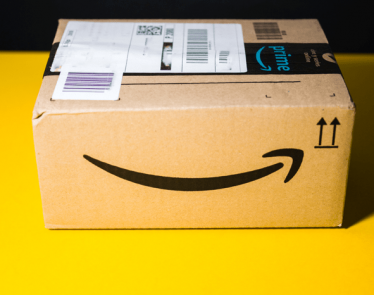
As of late, whenever Amazon (NASDAQ:$AMZN) enters into a new market, the retail and online shopping worlds enter into panic mode. However, that doesn’t seem to be the case for Chinese e-commerce giant Alibaba Group (NYSE:$BABA). In fact, Alibaba doesn’t seem to be worried in the slightest that Amazon is making the transition into Southeast Asia.
Many believe that Amazon will enter the region soon, but Lazada, the online shopping retailer majority-owned by Alibaba, believes that it will maintain a competitive edge that will prevent Amazon from disturbing the Southeast Asia marketplace. It shouldn’t come as a total surprise that Amazon has its sights set on Southeast Asia, as it has an increasing number of internet users who are starting to embrace the world of online shopping. In fact, according to a report from Google (NASDAQ:$GOOGL) and Temasek Holdings, the internet economy in Southeast Asia could increase to $200 billion by the year 2025, driven in a big part by e-commerce.
In an interview with CNBC, Aimone Ripa di Meana said that the online shopping company has an edge because it has knowledge about the Southeast Asian marketplaces, and the logistics network and backing from Alibaba and its wallet.
Years of Regional Online Shopping Expertise
In the CNBC interview, Meana said: “We feel very confident about what we’ve built so far – we have a unique approach to business.” The co-founder and chief marketplace officer of Lazada added, “Having built teams that have been with us for a long time that function in a very organic way that knows the markets, know the complexities that are in each market, which can’t be easily replicated. I don’t think knowing how to do (business in) Singapore is in any way relevant to how you build your business in the Philippines or Indonesia.”
Additionally, Meana argued that it’s not just the people and the language barrier that makes it difficult to operate in Southeast Asia. Companies need to keep in mind that there are challenges in setting up the infrastructure in each country for logistics and delivery and understanding how the local languages can affect the way Internet searches work. Lazada has not had any trouble, however, as it has Alibaba’s expertise and reach. “While obviously, the numbers are vast and exciting, I think the opportunities that lie ahead are much larger than anything that’s been built behind us,” said Meana.
Increasing its Stake
Towards the end of June, Alibaba disclosed that it spent $1 billion to boost its stake in Lazada from 51% to 83%. When combined, Alibaba has now invested a total of $2 billion in the firm as it looks to expand outside of its mass Chinese market.
Even though Amazon has not yet commented on its plans for Southeast Asia, Lazada is wasting no time rolling out new features that are aimed at countering an exodus to its rivals. For instance, in the spring, Lazada linked with Uber and Netflix (NASDAQ:$NFLX) to create an online rewards program for users located in Singapore which could be expanded to other countries and markets.
Featured Image: Twitter











